The Pacific region will grow 3.3% in 2024, Russia continues to ban gasoline exports, Ukraine accelerates grain sales, US CPI increases, China surpasses South Korea for the first time in the OLED display sector, Laos establishes a centralized foreign exchange market... are the world economic highlights of the past week.
World economy
 |
| OLED display made in China. (Source: Visionox Co Ltd) |
ADB forecasts optimistic economic outlook for Pacific region
The Asian Development Bank (ADB) forecasts the Pacific region's economy to grow 3.3% in 2024 and 4% in 2025.
In its newly released Pacific Economic Monitor (PEM) report, ADB said that regional economic growth is being driven by a recovery in resource extraction in Papua New Guinea, steady tourism in most tourism-dependent economies, and momentum from public infrastructure projects. However, ADB also warned of some risks such as labor shortages, financial constraints, natural disasters, and volatility in global commodity prices and supply chains.
ADB conducts the PEM every two years, assessing economic developments and policy issues in 14 developing economies in the Pacific.
The new report looks at various aspects of resilience in the Pacific, including building resilient infrastructure, building resilience to climate change, and strengthening public financial management.
America
* According to a report released by the US Department of Labor on August 14, although the country's consumer prices increased again in July 2024, it was still consistent with the trend of gradually slowing inflation and did not change expectations that the Federal Reserve (Fed) will cut interest rates next month.
The US consumer price index (CPI) rose 0.2% in July , after falling 0.1% in June. Year-over-year, the CPI rose 2.9% in July 2024, after rising 3.0% in June.
Investors and policymakers see the Labor Department report as a positive sign for markets and the economy, allowing the Fed to cut interest rates while maintaining a generally restrictive monetary policy, said Jeffrey Roach, chief economist at LPL Financial, a financial brokerage firm.
China
* On August 13, data from the People's Bank of China (PBoC) showed that new credit in July 2024 fell to a 15-year low, while other key indicators showed a temporary slowdown in export growth and manufacturing activity.
Economists polled by Reuters had previously forecast that China's retail sales in July 2024 could rise 2.6% year-on-year, compared with a 2% increase in June 2024, while industrial output is expected to grow slightly slower and investment growth to stabilize.
* Chinese display companies surpassed South Korea in the global organic light-emitting diode (OLED) panel market for the first time in the first quarter of this year.
According to market research firm Omdia, Chinese display companies held a 49.7% share of the global OLED market by shipments in the first three months of this year, including small and medium-sized OLEDs. South Korea's share fell to 49%, ranking second.
A year ago, South Korea held 62.3% of the market share compared to China's 36.6%. In just one year, China has narrowed the gap by more than 20 percentage points and surpassed South Korea. In the small and medium-sized OLED market, Chinese companies have taken the lead with a 50.5% market share, surpassing South Korea's 48.2% share.
Europe
* The Chinese Chamber of Commerce in the European Union (CCCEU) on August 9 reaffirmed its view that the European Union's (EU) imposition of high tariffs on electric vehicles imported from China will hinder climate goals as well as industrial competitiveness and affect China-EU cooperation in the automotive industry.
According to the CCCEU, the shift to electrification of cars is key to the EU achieving its climate goals. The CCCEU notes that imposing high tariffs on electric vehicles imported from China would only increase the price of electric vehicles, reduce consumer demand and thus hinder the greening process, along with the EU’s own climate neutrality goals.
* The Russian government has extended the ban on gasoline exports from September 1, aiming to maintain stability in the fuel market during peak demand season and to plan to repair oil refineries.
The ban will not apply to intergovernmental contracts with member states of the Eurasian Economic Union, for fuel for private use, as well as fuel exports within the framework of international humanitarian assistance.
According to data from the Ministry of Energy on August 9, Russia currently has 2.03 million tons of gasoline in reserve, and the supply for the domestic market increased by 5% compared to last year.
* Ukraine is stepping up grain exports this summer as figures from the Ukrainian Grain Traders Association (UGA) show that in July 2024, the country doubled its grain exports compared to the same period last year to more than 4.2 million tonnes.
Kiev has not yet announced its export destinations for July 2024, but in the previous season it exported most of its wheat to Spain, Egypt and Indonesia, while its corn exports mainly went to Spain and China.
* According to a survey by the ZEW economic research institute of 1,200 companies in Germany , 82% of companies in the information industry allow employees to work from home at least once a week . For the manufacturing sector, which typically requires more on-site work, the rate of remote work is 48%.
The proportion of companies allowing employees to work from home at least one day a week has remained consistently high since the Covid-19 pandemic began, and there is no sign that companies will abandon this policy, said lead researcher Daniel Erdsiek. In the study a year ago, the remote work rate was 80% for information industry companies and 45% for manufacturing companies.
* The Paris 2024 Olympics will provide a much-needed boost to host country France's economy as increased tourist numbers boost sales at hotels, bars, restaurants and museums.
The eurozone's second-largest economy is hoping the Olympics will help boost its sluggish growth, with France's statistics agency forecasting a 0.3 percentage point increase in Olympic ticket sales, television rights and tourism.
Japan and Korea
* Japanese manufacturers' confidence in business conditions fell in August 2024 and service sector sentiment continued to decline as demand from China weakened, according to the monthly Reuters Tankan survey released on August 14.
Manufacturers' confidence index fell to +10 points in August 2024, down one point from July 2024. Manufacturers expect the index to fall further to +5 points in the next three months.
Manufacturers in sectors as diverse as chemicals, steel and electronics have said weak Chinese demand is weighing on their business confidence.
* Japan's wholesale inflation rose at its fastest pace in 11 months on an annual basis in July , as a weaker yen lifted the already high import bill for goods.
The corporate goods price index (CGPI), a measure of how much companies charge each other for goods and services, rose 3% year-on-year in July 2024, in line with the median market forecast, according to data provided by the Bank of Japan (BoJ).
The index stood at 123.1, hitting a record high for the eighth consecutive month. The index accelerated from 2.9% in June 2024.
* According to data released by the Ministry of Economy and Finance on August 14, the employment rate of people aged 15 and over in Korea reached 63.3% in July this year, up 0.1% from the same period last year, marking the highest level in 30 consecutive months. Meanwhile, the unemployment rate recorded a historic low of 2.5%.
Employment growth also picked up sharply from the previous month, indicating a stronger trend in employment growth compared to May and June.
* The Bank of Korea (BoK) and the Bank of Turkey have agreed to extend their bilateral currency swap agreement for another three years, allowing the exchange of local currencies between the two central banks up to about $2 billion.
The extension agreement will be effective for three years from August 12, 2024 and may be extended by mutual agreement between the two parties.
ASEAN and emerging economies
* Indonesian President Joko Widodo (Jokowi) emphasized that the government is giving special priority to domestic businesses that want to invest in the new capital Nusantara Capital City (IKN), East Kalimantan.
Jokowi said that the IKN Agency (OIKN) has received 472 letters of intent from domestic companies. However, it is necessary to closely review which companies have the capacity to participate in projects in the new capital.
According to Mr. Jokowi, after the Indonesian National Day celebration on August 17, the government will continue to conduct groundbreaking ceremonies for various construction projects at IKN. Previously, in the first plenary cabinet meeting at IKN on August 12, Mr. Jokowi said that the total investment value in IKN has reached Rp 56,200 billion (about 3.4 billion USD).
* The Thai government is preparing a new incentive package, including a 15-year corporate tax holiday, to attract more investors in targeted industries to the country's Eastern Economic Corridor (EEC) region.
The new incentive package will include tax and non-tax privileges, such as corporate tax exemptions for 1-15 years depending on investment conditions. Companies that do not qualify for the exemption can still enjoy a 50% corporate tax deduction for 1-10 years, provided they have invested in the EEC area.
* Singapore on August 13 raised its economic growth forecast for this year , after the economy grew more than expected in the second quarter of 2024 and thanks to optimism about the recovery of the manufacturing sector.
Singapore's Ministry of Trade and Industry forecasts economic growth of 2-3% this year, compared to its previous forecast of 1-3%. The country's economy will grow 1.1% in 2023 and 3.8% in 2022.
In the second quarter of 2024, Singapore's economy grew 2.9%, compared with an estimated 2.7% and a 3% increase in the first quarter of 2024.
* The State Bank of Laos has just signed a Memorandum of Understanding with commercial banks on the establishment of a centralized foreign exchange market , so that people can buy and sell foreign currencies through the banking system, helping to promote society to increase foreign currency exchange in the system, in accordance with business activities and controllable.
During the system testing phase, the Lao Bankers Association will coordinate with relevant departments of the State Bank of Laos to develop a training plan and provide documents on system usage, so that commercial banks participating in signing this Memorandum of Understanding can grasp and understand the implementation.
Source: https://baoquocte.vn/kinh-te-the-gioi-noi-bat-9-158-cpi-my-tang-trung-quoc-lan-dau-vuot-han-quoc-ve-linh-vuc-nay-lao-thanh-lap-thi-truong-ngoai-hoi-tap-trung-282624.html



![[Photo] General Secretary To Lam receives Russian Ambassador to Vietnam](https://vstatic.vietnam.vn/vietnam/resource/IMAGE/2025/4/2/b486192404d54058b15165174ea36c4e)
![[Photo] Prime Minister Pham Minh Chinh receives CEO of Standard Chartered Group](https://vstatic.vietnam.vn/vietnam/resource/IMAGE/2025/4/2/125507ba412d4ebfb091fa7ddb936b3b)


![[Photo] Prime Minister Pham Minh Chinh receives Deputy Prime Minister of the Republic of Belarus Anatoly Sivak](https://vstatic.vietnam.vn/vietnam/resource/IMAGE/2025/4/2/79cdb685820a45868602e2fa576977a0)
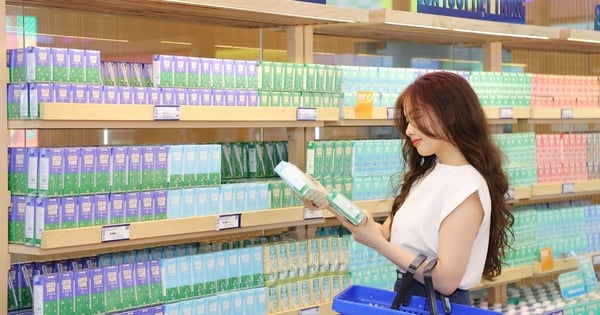

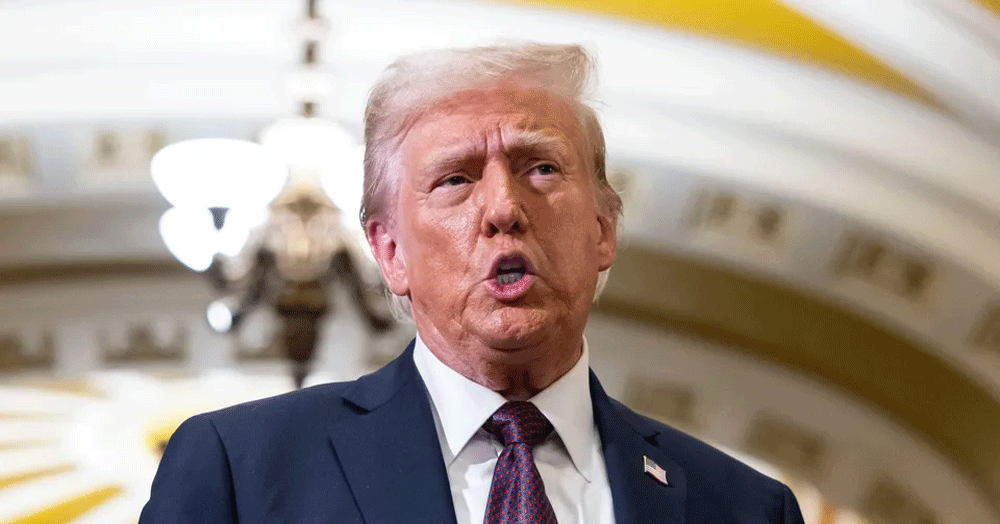

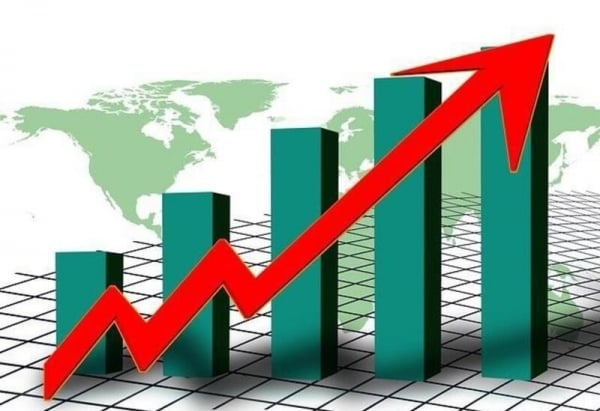

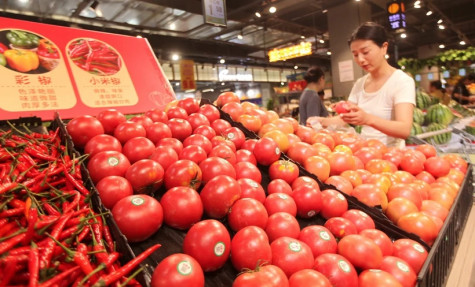

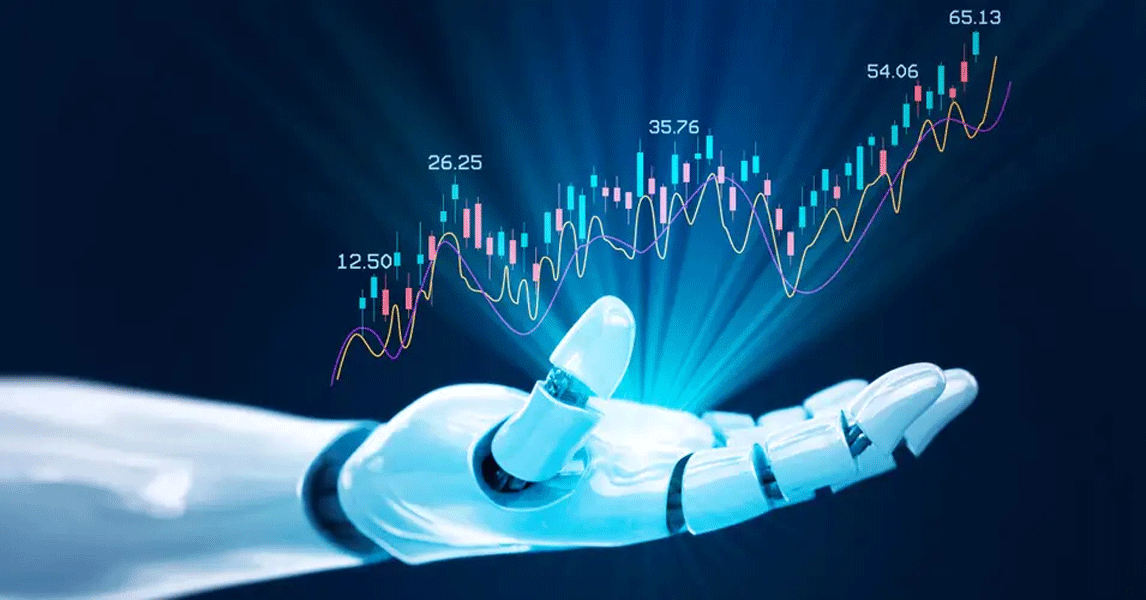

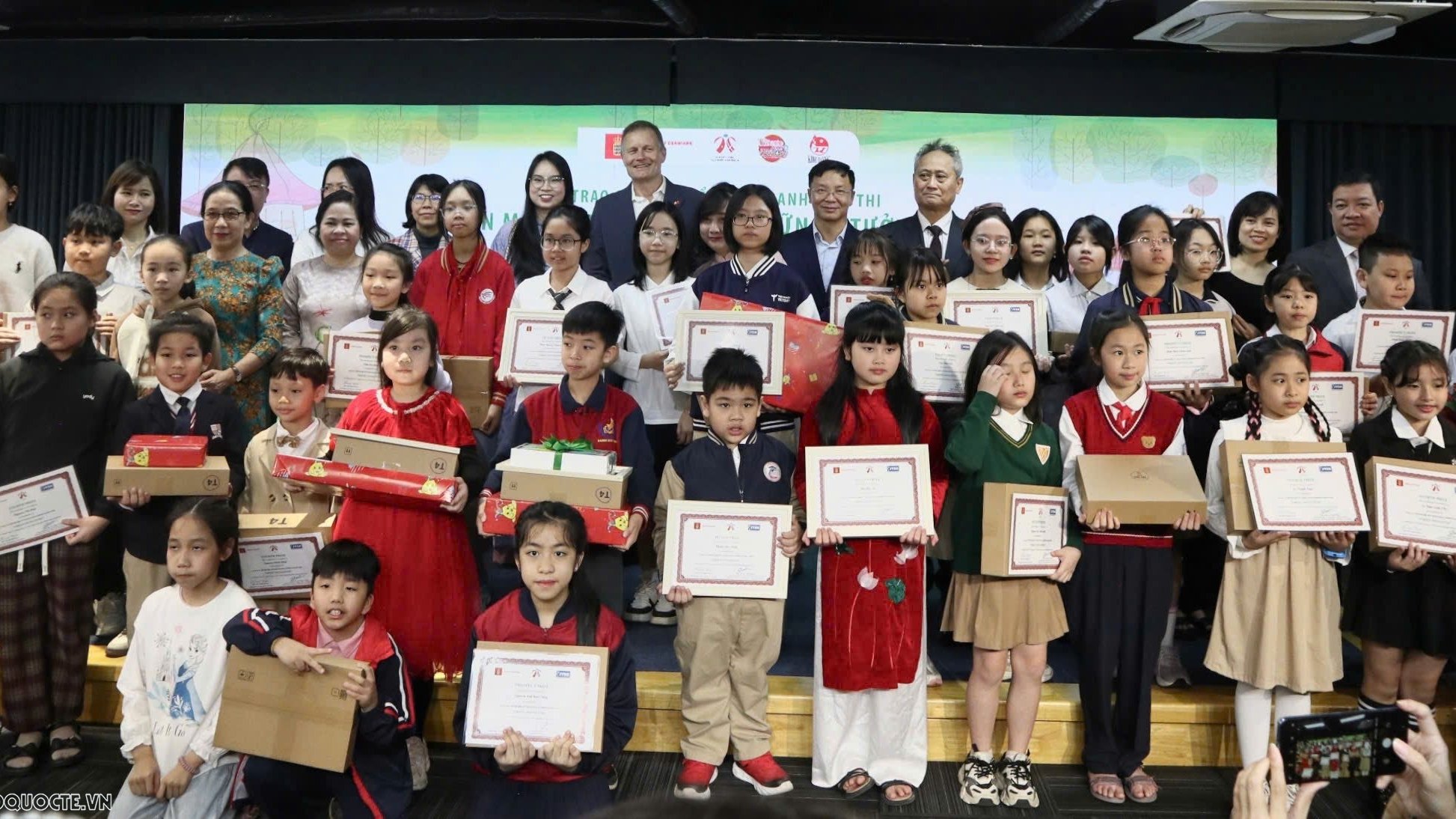
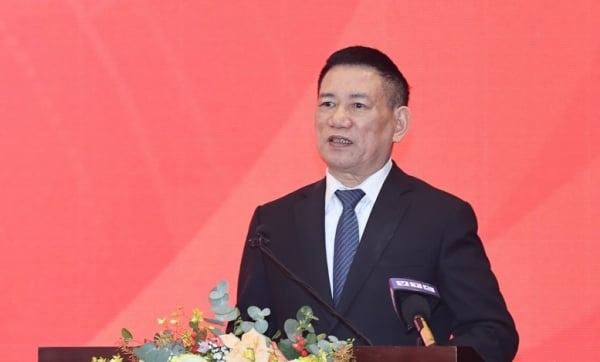
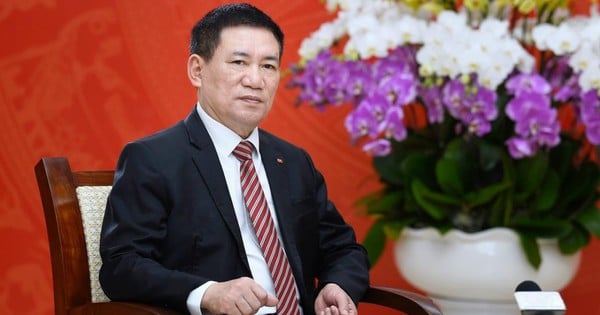
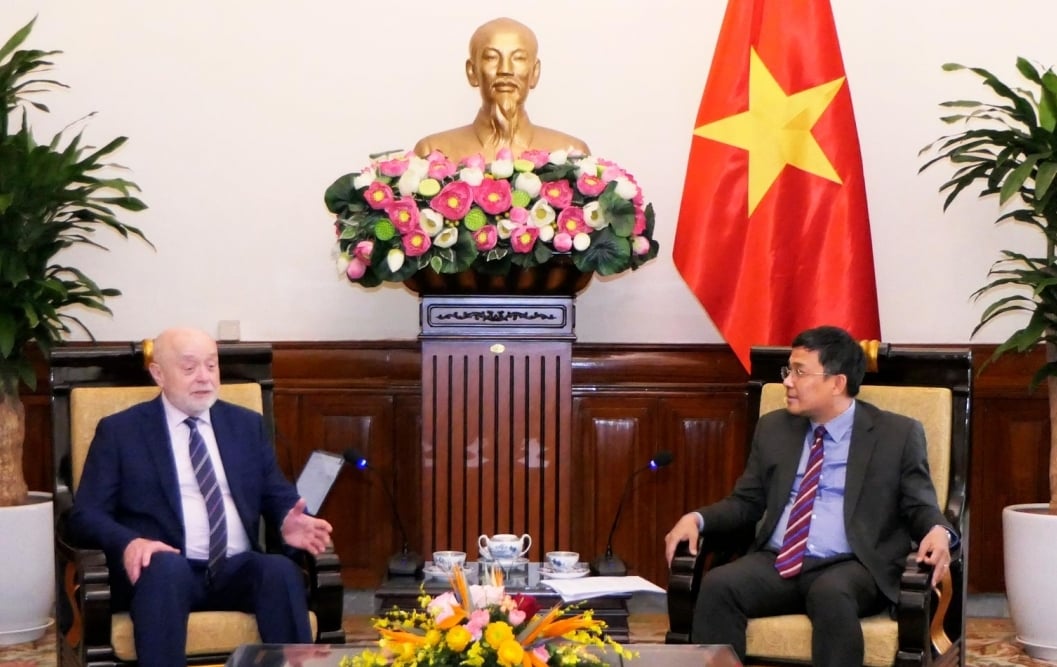






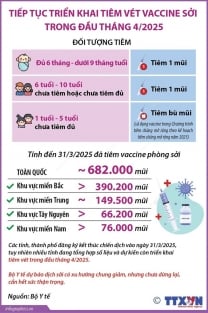
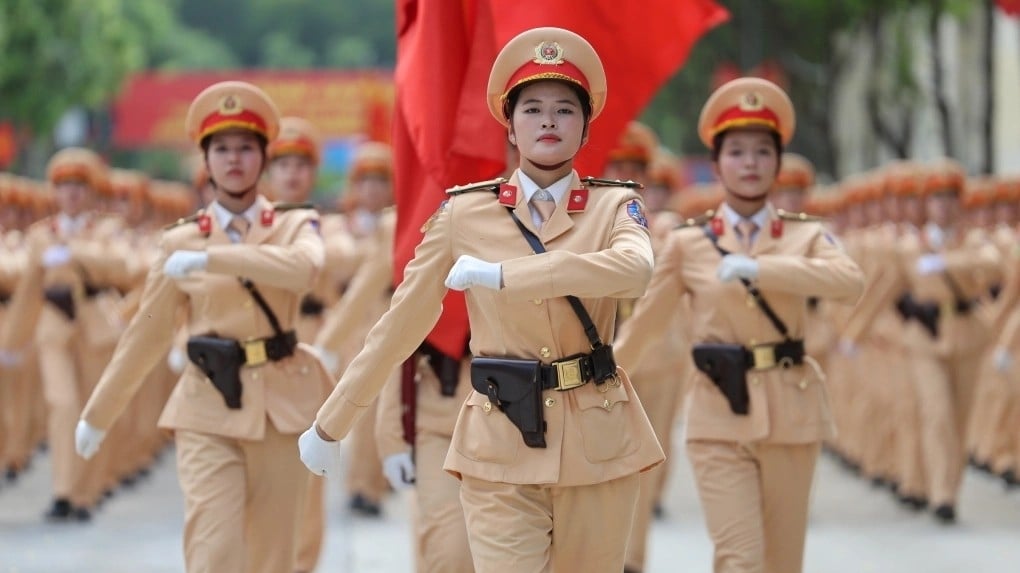

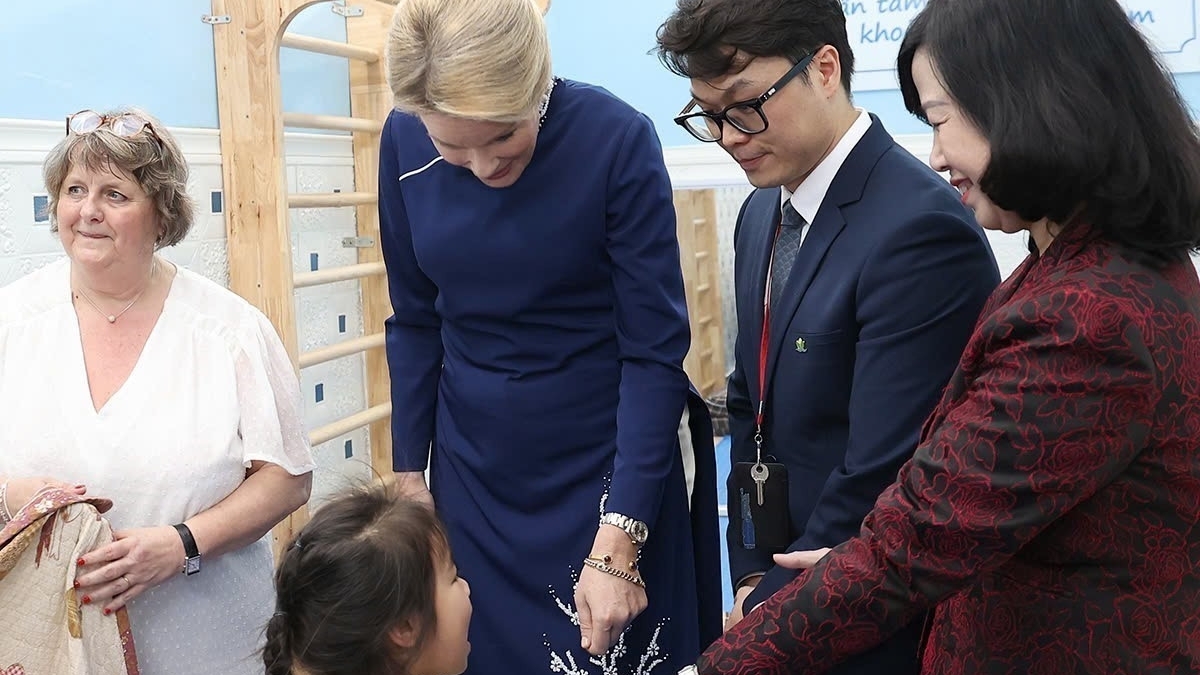

















































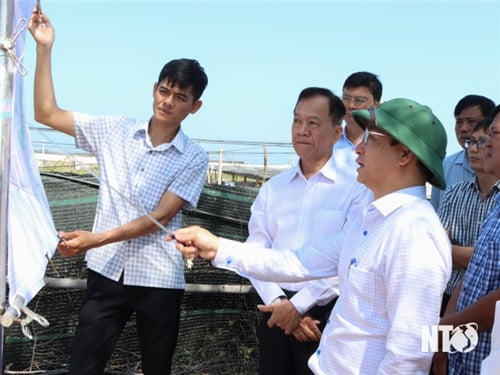

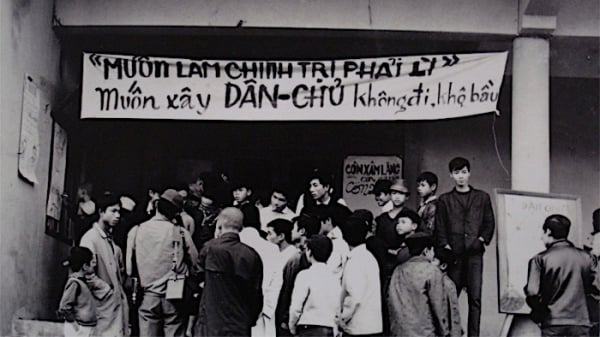
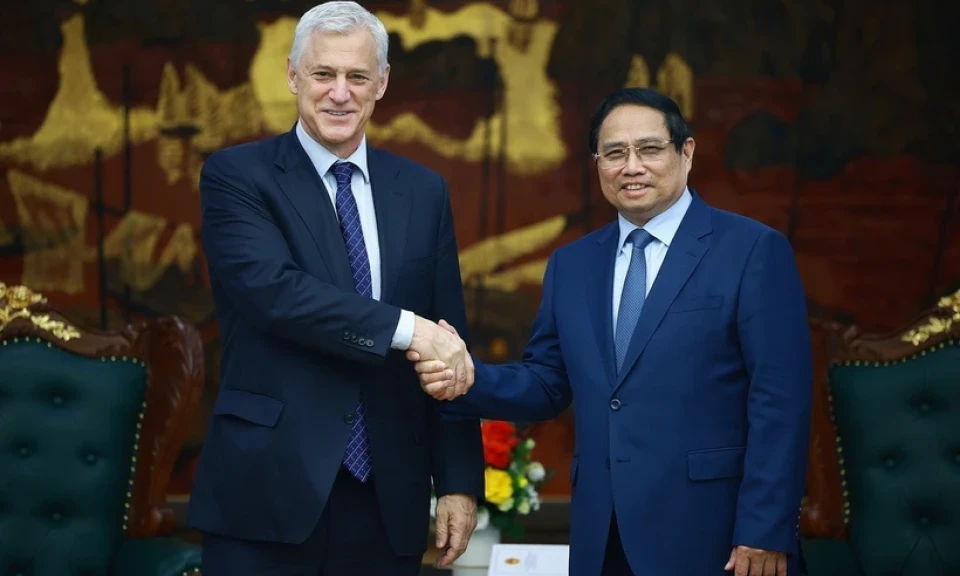
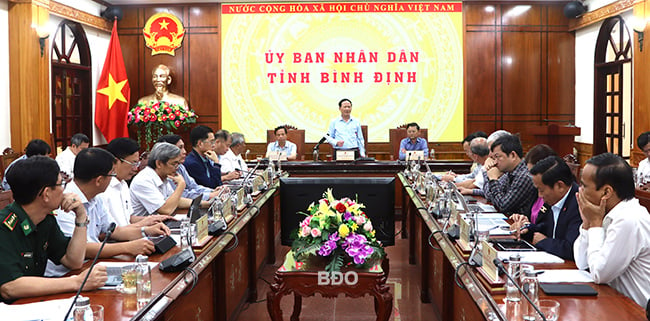
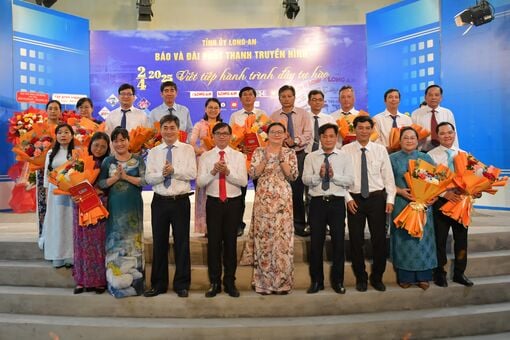











Comment (0)